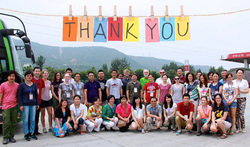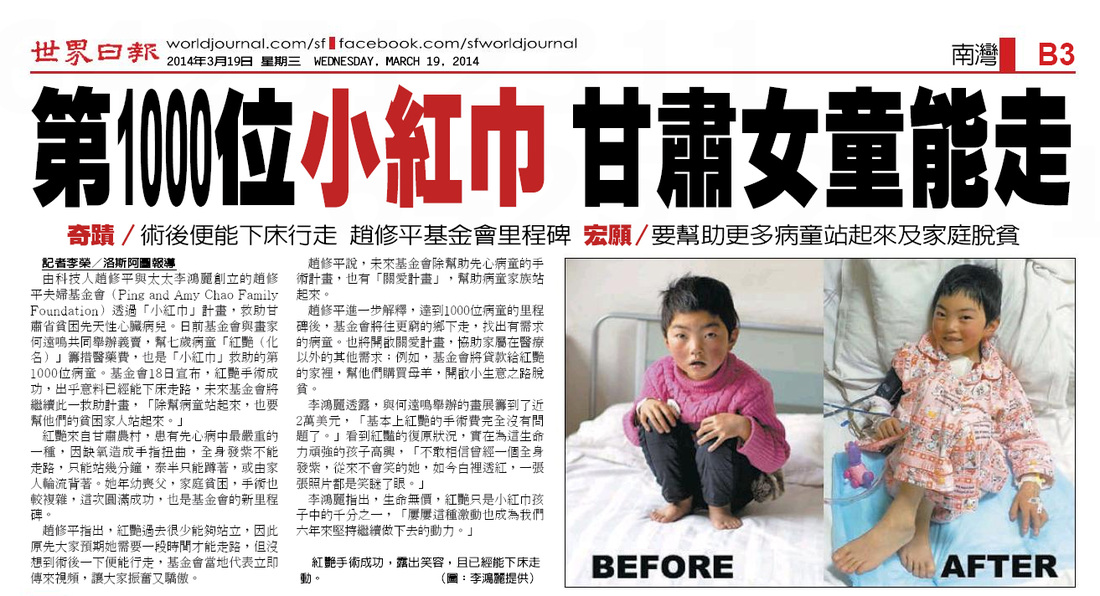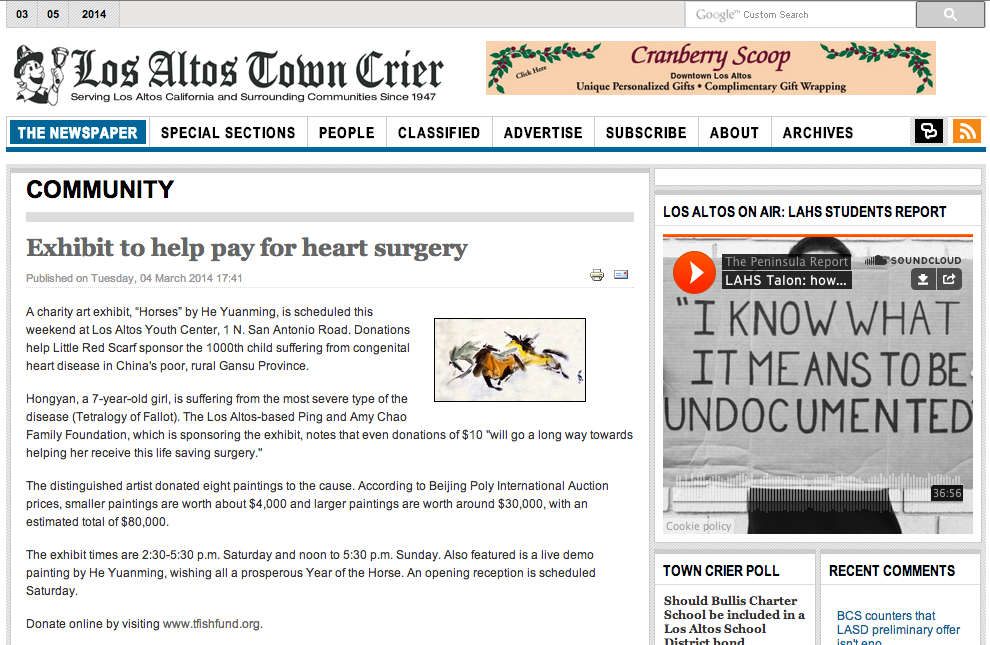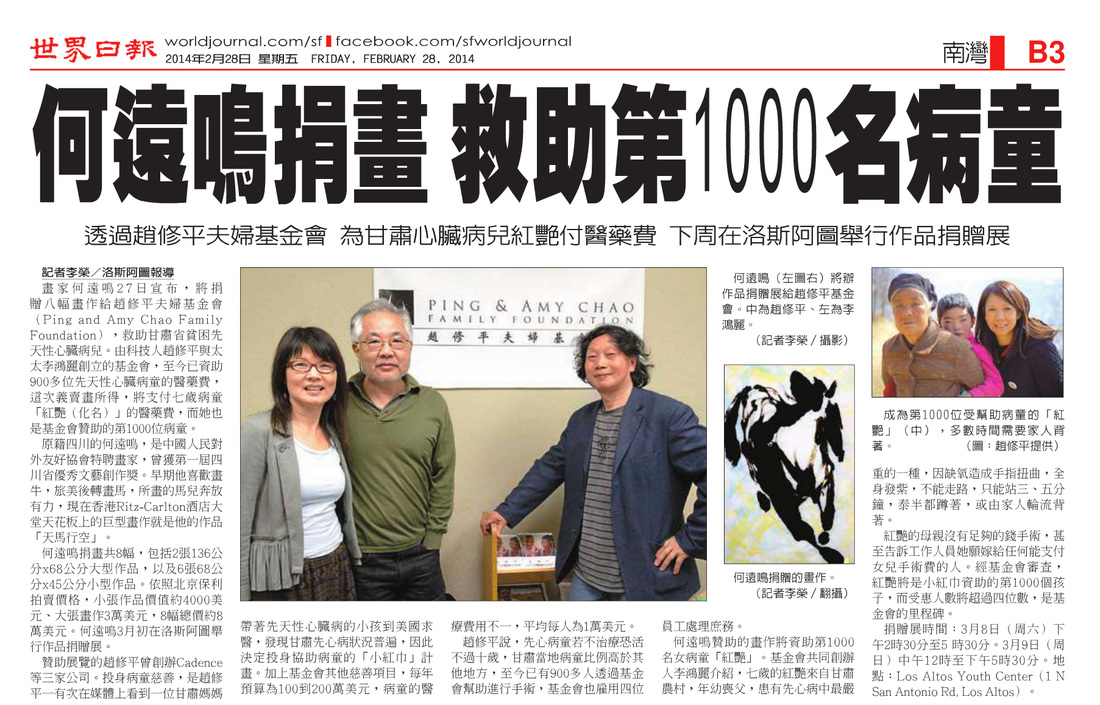
• Distributed 400,000 vitamin packets to families with babies at risk for nutritional deficiencies.
• Screened 30,000 children for vision problems and passed out 8,000 pairs of glasses to nearsighted students.
• Provided counseling programs to more than 4,500 students in rural China.
• Deployed a team of undercover "patients" to visit 48 rural clinicians and measure the quality of health care that they received.
• Created the first-ever standardized evaluation tools for 180 vocational school programs.
• Handed out $53,000 in financial aid to the poorest rural students in China to attend high school.
• Tracked down 2,000 rural babies and tested their physical and cognitive development.
• Treated 2,000 children for intestinal worms.
• Initiated teacher performance pay programs for teachers of 5,000 students in rural China.
• Launched a prefecture-wide pilot for computer assisted learning in Qinghai Province.

• Rural students are up to 20 times less likely than their urban counterparts to attend elite colleges.
• China's first ever life counseling curriculum for rural schools, developed by REAP, reduces the middle school drop out rate by 25%.
• 55% of rural babies are anemic, and 85% are suffering from cognitive or motor delays.
• 40% of rural primary school children are infected with intestinal worms, and this infection is associated with worse performance on cognitive tests.
• Having anemic students in class leads to worse academic performance even among the non-anemic students in the same class.
• Only 1 in 6 rural/migrant children with correctable vision problems in China has glasses.
• Over an academic year, a nearsighted child that wears glasses learns roughly double what they would without glasses.
• Vocational schools fail to teach students any practical skills and even make them forget basic math skills they originally had.




